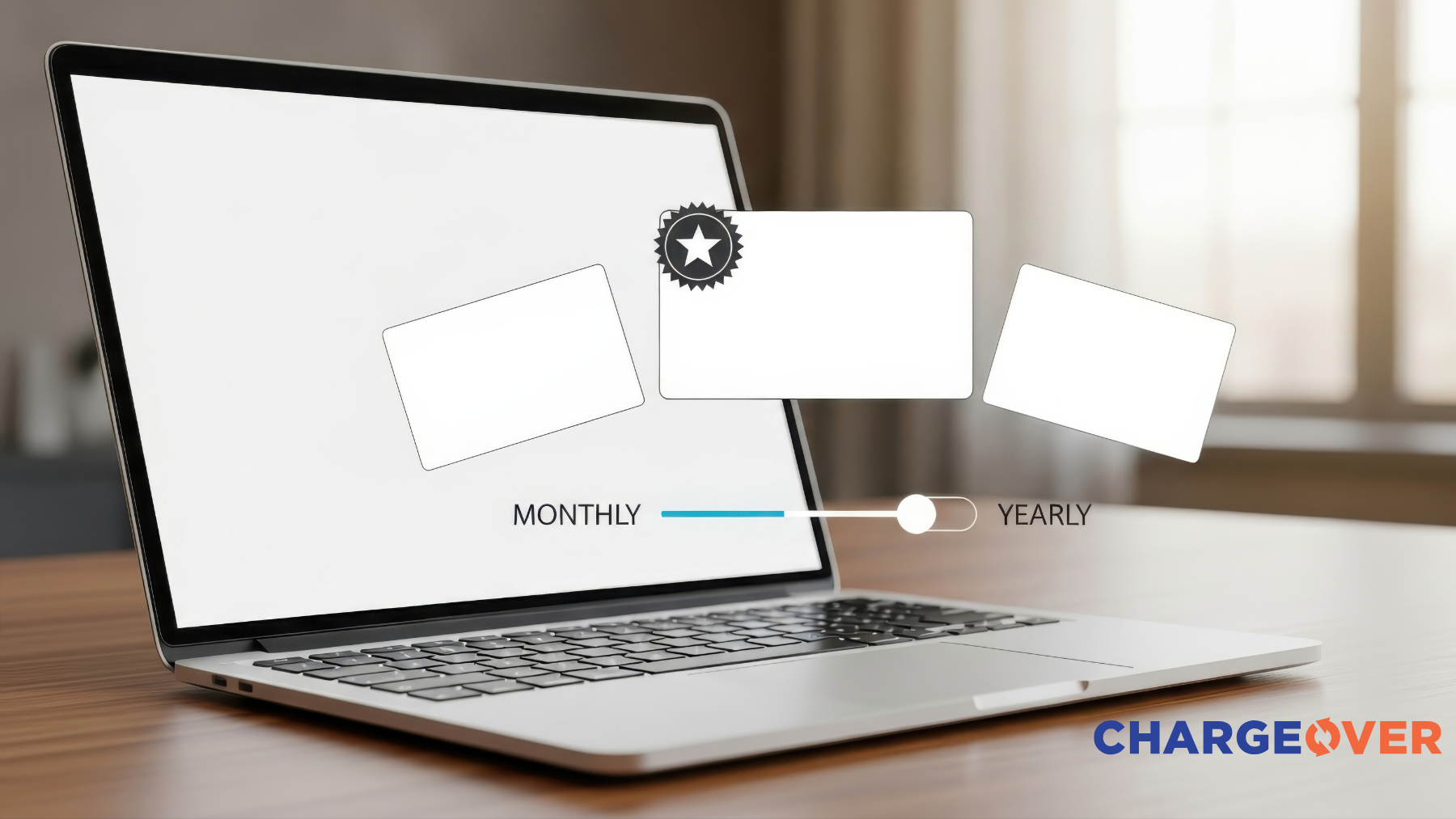Have you considered switching your business over to a subscription billing method? While subscription billing offers tons of benefits, there are also potential downsides to consider. With careful consideration, you can avoid many costly hazards. Here are some common downfalls of subscription billing:
- Cost Accumulation: Subscription services can add up over time, especially if customers subscribe to multiple platforms or services. The cumulative cost of several subscriptions may become burdensome for some customers, leading to subscription fatigue or the need to cancel certain subscriptions to manage expenses.
- Unused Services: Customers may continue to pay for subscriptions even if they don't fully utilize the service or product. This can occur when customers forget about their subscriptions, lose interest, or find alternatives that better suit their needs. In such cases, they end up paying for services they no longer value.
- Lack of Ownership: With subscription-based models, customers typically don't own the products or services they access. This lack of ownership can be perceived as a disadvantage, especially for customers who prefer to have full control over what they purchase.
- Subscription Management: Keeping track of multiple subscriptions, billing cycles, and renewal dates can be cumbersome for customers. It requires time and effort to manage and evaluate ongoing subscriptions, which may become overwhelming, particularly if customers have numerous subscriptions.
- Potential Price Increases: While subscription services may start with an attractive introductory price or offer, there is a possibility of price increases over time. This can lead to customers feeling frustrated or dissatisfied, especially if they signed up for a service expecting a stable or predictable cost.
- Cancellation Difficulties: Some subscription-based businesses make it challenging for customers to cancel their subscriptions. They may have complex cancellation processes, require long notice periods, or have hidden fees associated with cancellations. This can create a negative customer experience and lead to dissatisfaction.
- Service Dependence: Customers become reliant on the continued availability and quality of the subscribed service. If the service experiences disruptions, outages, or deteriorates in quality, customers may feel frustrated and dissatisfied.
- Lack of Customization: Subscription services often offer standardized plans with predefined features and pricing tiers. This lack of customization can be limiting for customers who have specific needs or preferences that are not fully met by the available plans.
It's important for businesses to consider these potential downsides and address them proactively to ensure a positive customer experience and maintain long-term customer satisfaction.
Implementing a subscription billing policy can offer substantial benefits to business owners, fostering consistency, enhancing customer relationships, and optimizing financial operations. Here's how business owners can reap the advantages of incorporating a recurring billing model:
- Consistency and Predictability:
- Subscription billing provides a consistent and predictable revenue stream for businesses. Knowing that a certain amount of revenue is expected each month allows for better financial planning and management.
- This predictability enables business owners to allocate resources more efficiently, plan for growth, and make strategic decisions based on a stable cash flow. The consistency in revenue also helps mitigate financial uncertainties and facilitates long-term business sustainability.
- Improved Customer Relationships:
- Subscription billing promotes a strong and ongoing relationship between businesses and their customers. Instead of sporadic transactions, customers engage in an ongoing commitment to the product or service.
- This continuous interaction allows businesses to understand their customers' needs better and tailor their offerings accordingly. Additionally, it creates opportunities for personalized communication, customer feedback, and proactive support, ultimately strengthening the bond between the business and its clientele.
- Enhanced Branding and Loyalty:
- A subscription model contributes to brand loyalty as customers become accustomed to the recurring value provided by the business. This loyalty is reinforced each billing cycle, building trust and credibility.
- By consistently delivering on promises and meeting customer expectations, businesses can establish a positive brand image. Satisfied subscribers are more likely to recommend the product or service to others, contributing to organic growth through word-of-mouth referrals.
- Faster Payments and Reduced Administrative Burden:
- Subscription billing often results in faster payments compared to traditional invoicing methods. Since customers are billed automatically, there's no need for manual invoicing, follow-ups, or waiting for payments. This efficiency improves cash flow and accelerates the financial cycle.
- Automation of billing processes also reduces administrative burdens associated with chasing payments, sending invoices, and managing overdue accounts. Business owners can redirect their focus and resources towards strategic initiatives, customer service, and product improvement.
- Customizable Billing Models for Varied Customer Segments:
- Subscription billing allows for flexibility in designing various billing models to cater to different customer segments. Businesses can offer tiered pricing, add-ons, or promotional discounts to attract a diverse range of customers.
- Tailoring subscription plans based on customer needs not only expands the customer base but also opens up opportunities for upselling and cross-selling. This flexibility contributes to increased revenue and customer satisfaction.
The positive outweighs the negatives when it comes to subscription billing—when handled with care. Implementing a subscription billing policy provides business owners with a myriad of advantages, ranging from financial stability to improved customer relationships and brand loyalty. The predictability and consistency of revenue, coupled with efficient billing processes, empower businesses to thrive in a dynamic market. By embracing a subscription model, entrepreneurs can position their businesses for sustained growth and success in the long run.
Transform Your Billing Experience
Your results are just the beginning. Learn how to optimize your billing and scale your success.


